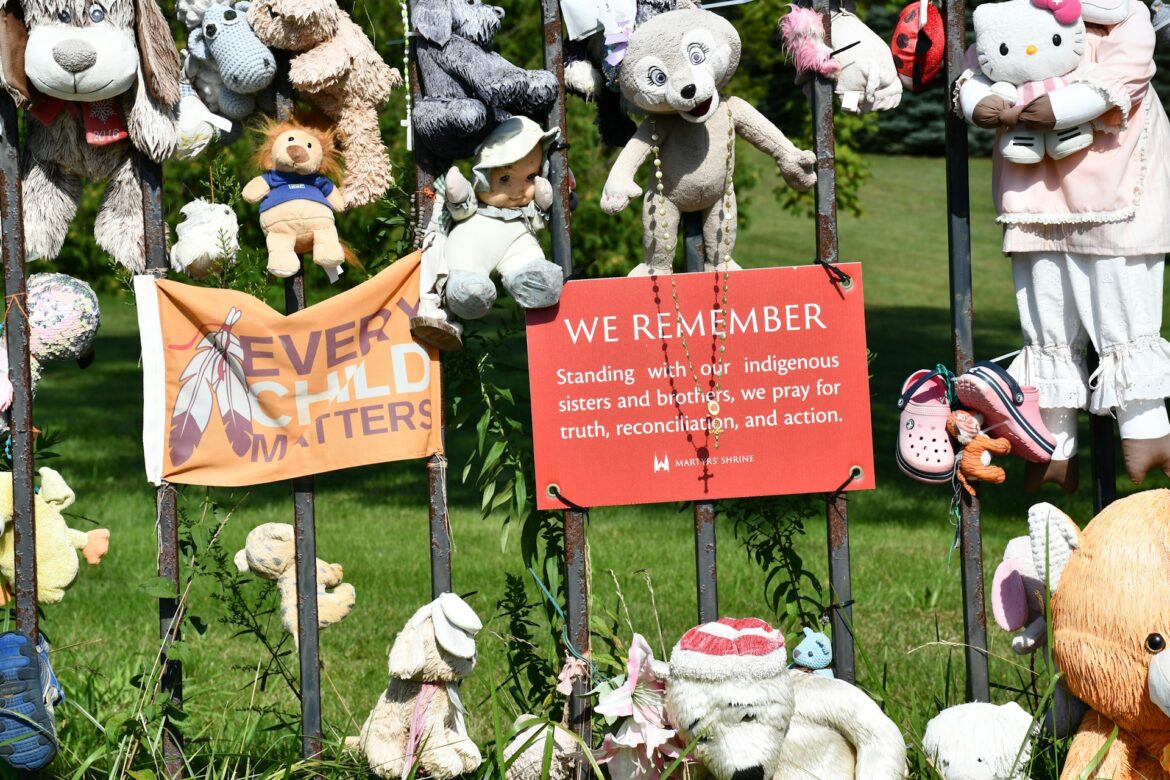618
Home Diversity, Equity & InclusionAnti-Indigenous racism training launched for some health-care workers

HR News Canada is an independent source of workplace news for human resources professionals, managers, and business leaders. Published by North Wall Media.




